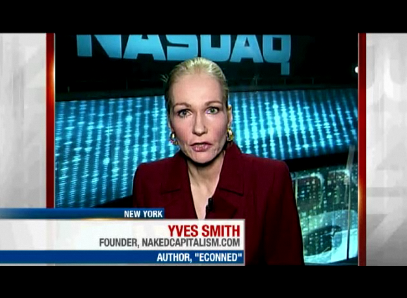Lesley Hazleton Explores the Koran
I have no doubt many readers will regard this as off topic, but it’s a great little talk. Its tag line at YouTube is “Lesley Hazleton explores the Koran and finds much that is quite different from what is reported in commonly cited accounts.”
Read more... [/caption]
[/caption]

